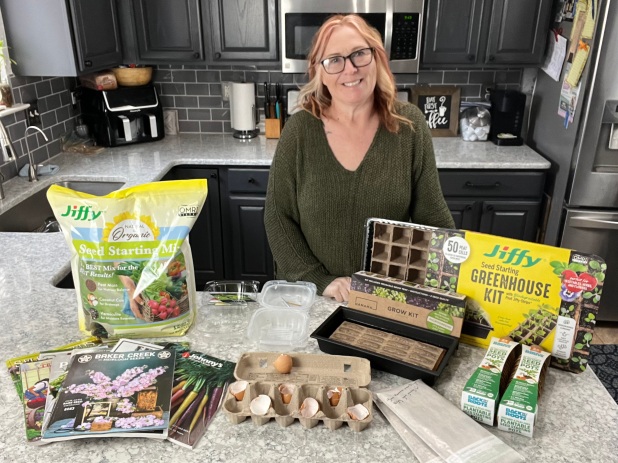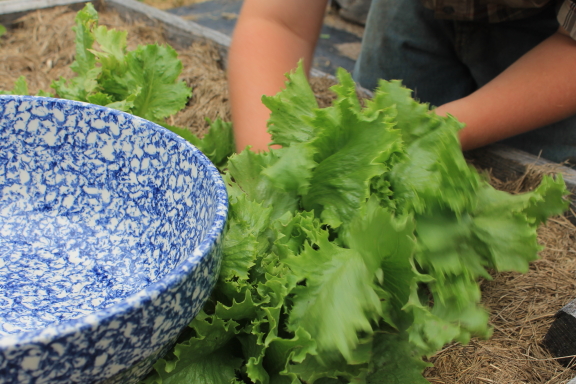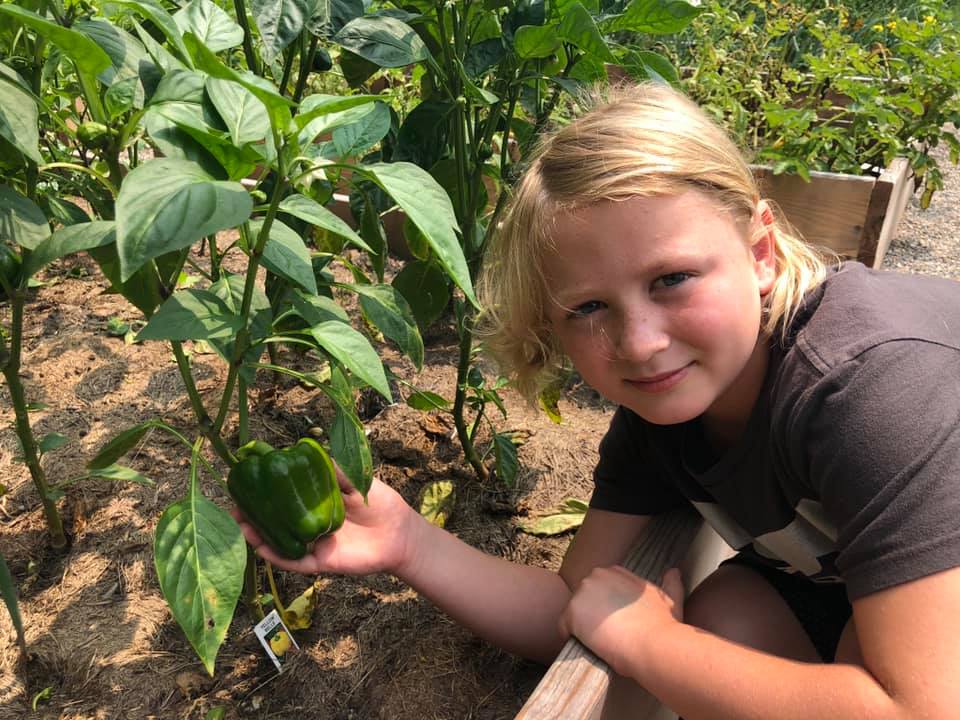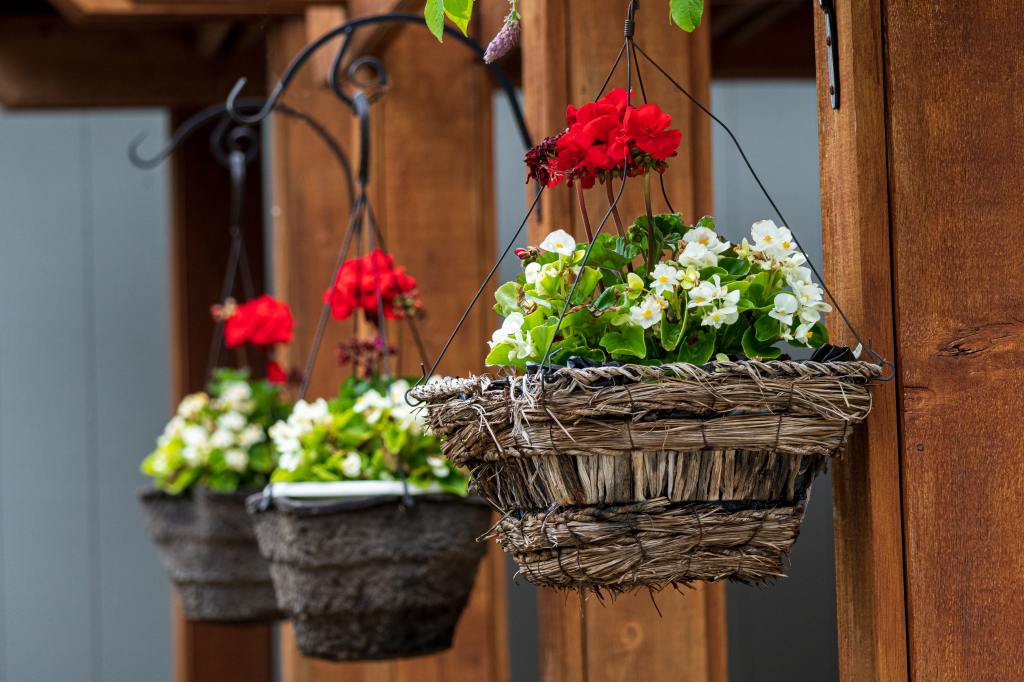“I love things that are indescribable, like the taste of an avocado or the smell of a gardenia. ” Barbra Streisand
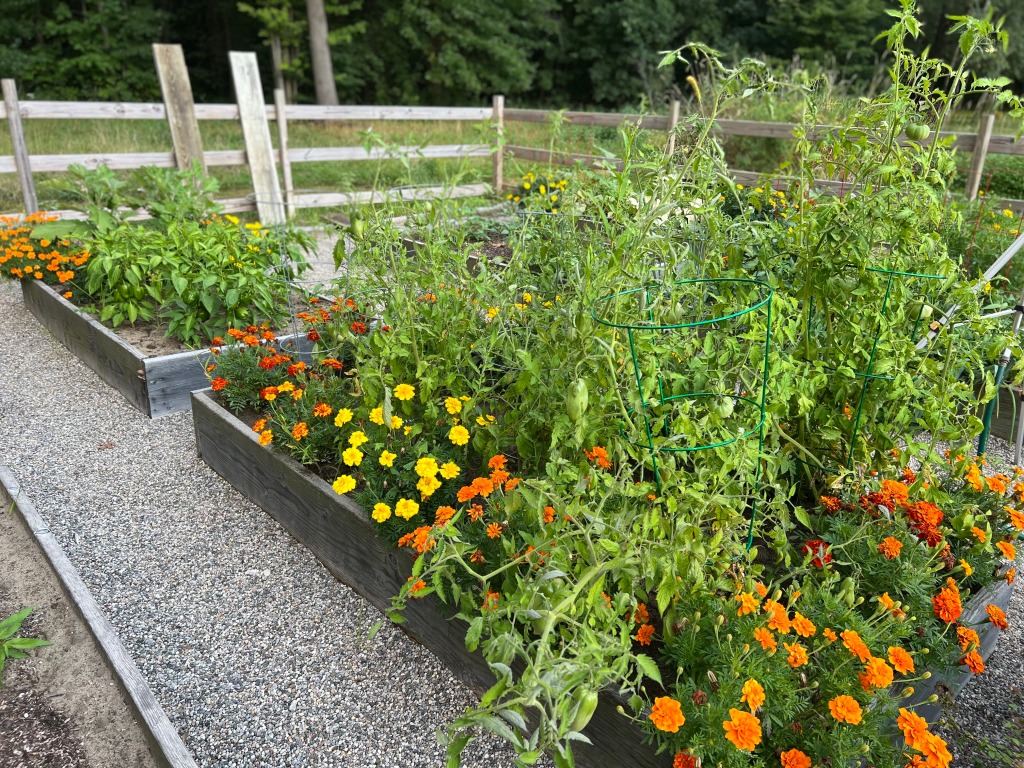
Welcome to Day 18 of my Gardening 101 Part 2 on how-to create a container garden. In Part 1 I discussed how to create an herb container garden, today let’s look at how to incorporate veggies into containers.
Many of the elements will be similar, especially in the types of containers, making this post a bit shorter. If you missed Part 1, just jump on over for an informative recap!
If you are a novice gardener you may be wondering how you can grow veggies in containers. You may be an experienced gardener who is considering the option of moving your veggies from a standard tillable garden to downsize or just utilize space more effectively.
If you are a novice gardener you may be wondering how you can grow veggies in containers. You may be an experienced gardener who is considering the option of moving your veggies from a standard tillable garden to downsize or just utilize space more effectively.
If you’ve been eyeing up container gardening lately, then you’re probably wondering what it has to offer you. After all, growing in a garden doesn’t really work like that. As you all know I am a huge advocate for container and raised bed gardening. Raised beds are in reality just another form of containers, as I showed in Part 1. You can grow herbs and vegetables in a standard tillable garden, but that type of gardening takes so much more effort and planning. With container gardening, everything becomes simpler and more accessible than it is with other methods.
If you missed my two part series on the benefits of raised bed gardening, click these links. Part 1 and Part 2.
Have you been wondering how to get started with a vegetable garden, or just want to be able to grow your own vegetables at home? Well, a vegetable container garden might be just the answer you’re looking for. A vegetable container garden is essentially an easy way to extend the space of your yard so you can grow plants more effectively.
With this guide, I’ll be showing you everything you need to know about creating successful container gardens as well as the many benefits they have to offer. After reading through the following tips, you will understand why having a container garden is one of the best ways to enjoy fresh fruits and vegetables all year round.
If you enjoyed this blog, please LIKE, Follow, Share & leave me a comment! I love your feedback!

If you aren’t following me on Facebook & Instagram go on over & give a LIKE & Follow me for daily tips & tricks for your home & garden!
Added bonus: You can go to my blog at http://www.fordragonfliesandme.com to purchase my original cookbook, Lovingly Seasoned Eats and Treats. The cookbook has almost 1000 recipes on almost 500 pages! Check out the Cookbook Testimonials while you’re there!
Until next time remember to,
Eat fresh, shop local & have a happy day,
Jean
Copyright Policy
All text and images on this site are copyright of For Dragonflies And Me. Unless otherwise noted, you may not use this content.

